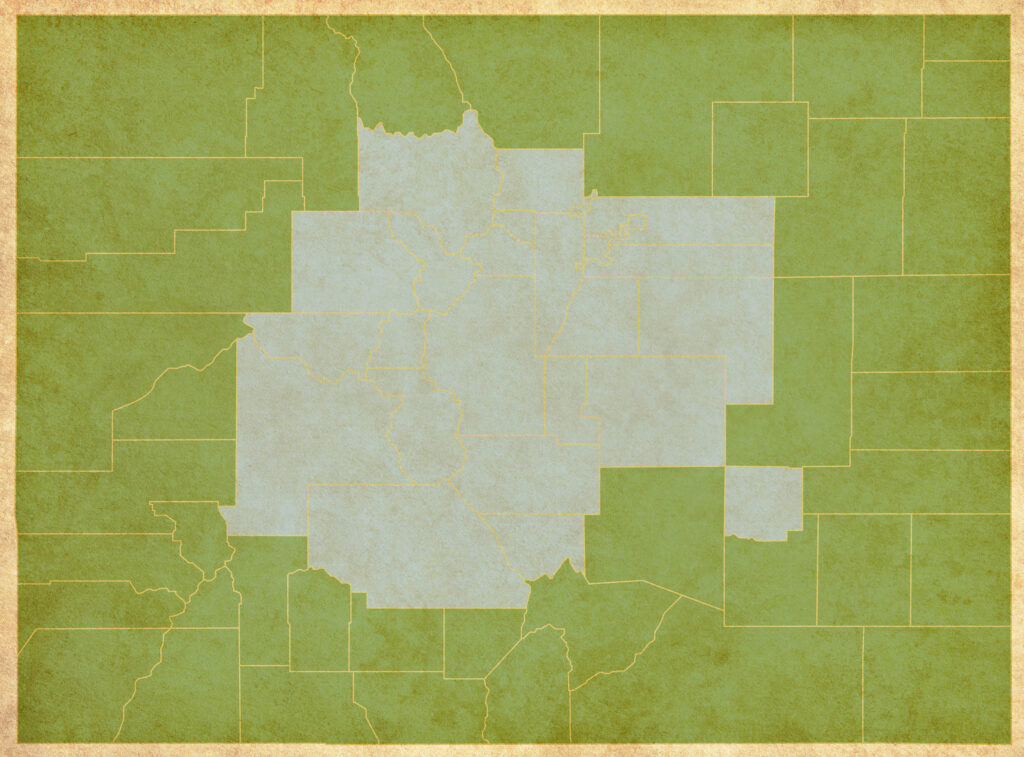About
Our Mission
The initiative works with participating institutions to increase the number of their healthcare professional graduates who enter and remain in Colorado’s rural counties for the long term.
Students at participating institutions participate in classroom sessions that bring a rural focus to their healthcare studies. They spend significant time in rural areas to learn their profession’s role there and reinforce their interest in future rural work and lifestyle.

CORHWI’s Vision
Healthcare professional workforce shortages in Colorado’s 47 Rural or Frontier Counties are well-documented. 12.1% of Colorado citizens, 722,000 people, are spread across 77% of the State’s landmass. Distances between communities – and healthcare professionals of all types, can be vast. Rural Critical Access Hospitals struggle financially. The aging workforce will provide especially acute problems for rural communities. Compared to urban populations, rural citizens are served by 18% fewer dentists, 33% fewer physicians, 7% fewer psychologists, as well as fewer nurses, physician assistants and physical therapists. It is estimated that 2,000 nurses will retire each year over the next 10 years.
The Colorado Rural Healthcare Workforce Initiative was approved by the Colorado Legislature in 2022 as SB22-172. This legislation supports new or existing “rural tracks” in 15 Colorado public institutions of higher education who agree to employ specific best practices for producing rural healthcare professionals. The best practices include outreach to K-college rural students, rural-oriented classroom curriculum, practical rural experience of significant duration, rural housing assistance, scholarships, faculty development of rural preceptors and administrative support. These best practices have been successfully demonstrated for 18 years by the University of Colorado’s MD Rural Program which serves as a model for the Initiative.
The University of Colorado Rural Program Office provides technical assistance and organizational leadership to institutions participating in the Initiative. This includes coordination of curriculum development, dissemination of curriculum, data collection to document outcomes and impact as well as compliance with annual reporting to the Colorado Legislature.
